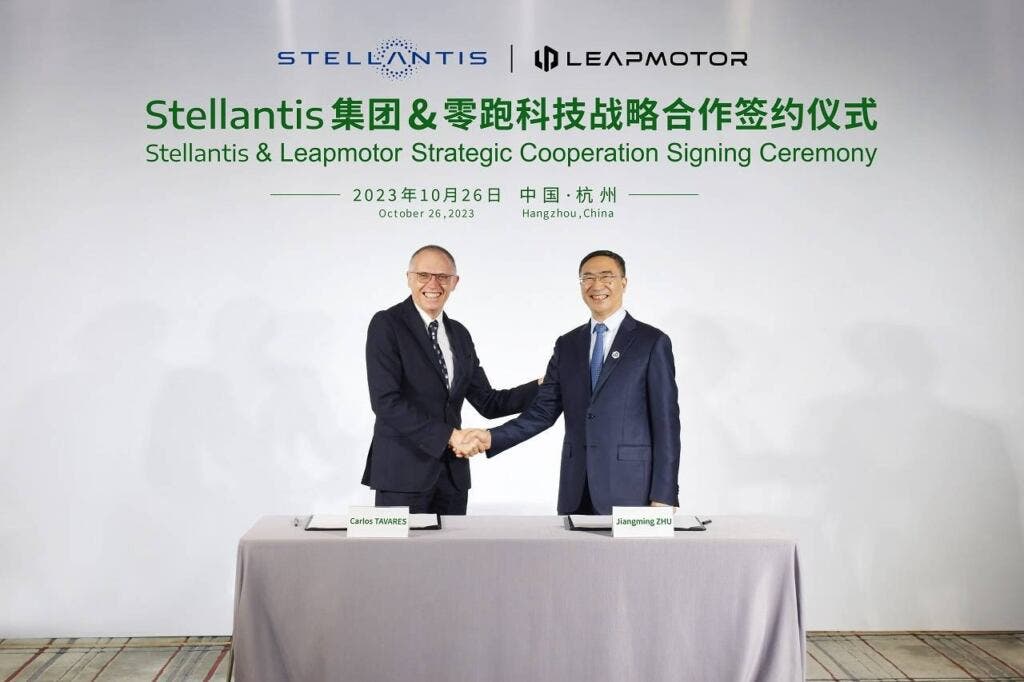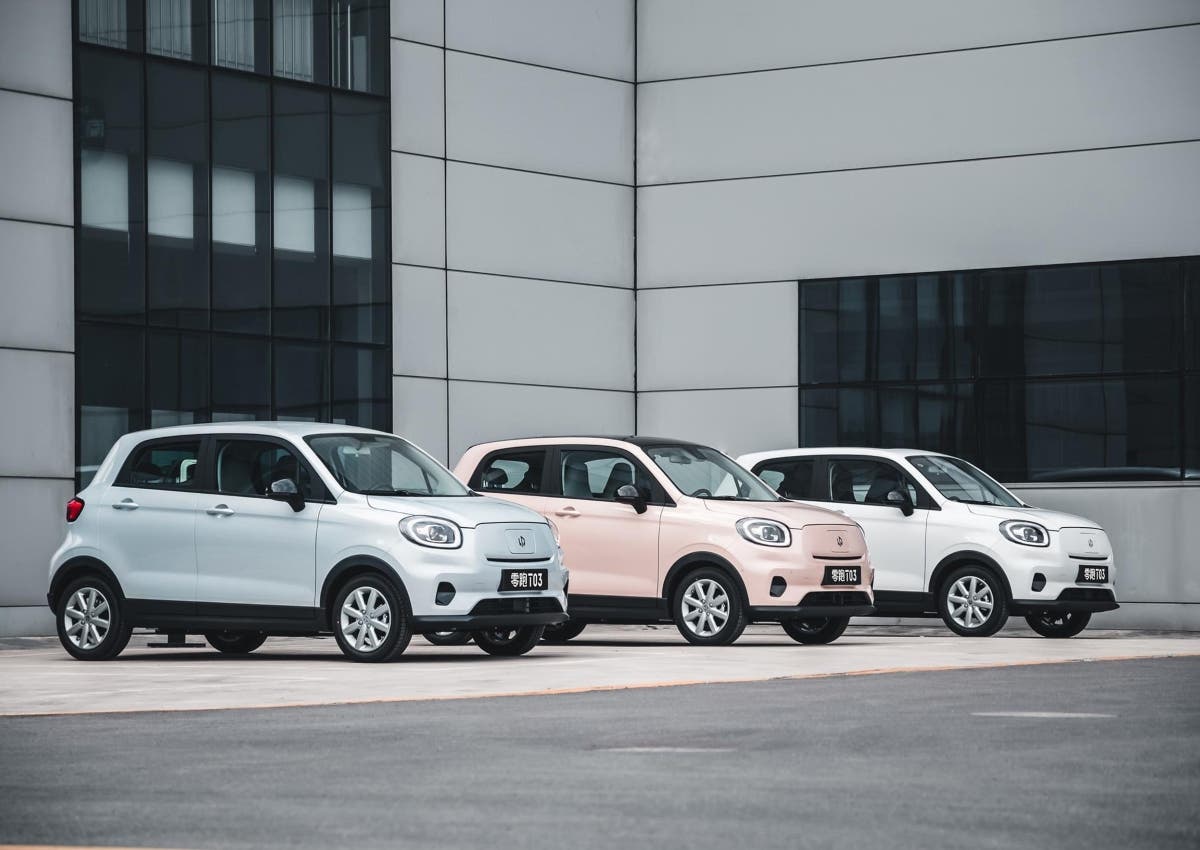The collaboration with Stellantis “will allow us to assume a leadership position and advance faster than other Chinese manufacturers,” stated Leapmotor CEO Zhu Jiangming. The Chinese brand markets promising products like the C10 crossover, available in China for the equivalent of $19,100, a vehicle with a range of 530 km. But, as we know, the Chinese brand Leapmotor is little known outside national borders and even in its home country. BYD and Tesla overshadow any other electric vehicle.
Will Leapmotor manage to grow thanks to the collaboration with Stellantis? Soon to debut in new markets

Zhu Jiangming, co-founder and CEO of Leapmotor, expects the situation to change precisely thanks to Stellantis, capable of bringing Leapmotor’s electric vehicles to a global scale. “The initial reason for starting Leapmotor’s activities was that the transition from internal combustion engines to electric vehicles represents an extraordinary opportunity,” Zhu stated. How important is Stellantis’ entry into Leapmotor?
Founded in 2015, Leapmotor delivered just over 33,000 vehicles in the first quarter, a small figure compared to BYD‘s 624,000 and Stellantis’ 1.33 million. Currently, the brand is among the main emerging Chinese players in the sector, along with Li, Aito (by Huawei), and Nio. Stellantis is attracted by Leapmotor’s technological know-how, which allows it to offer affordable electric vehicles rich in features. “My team and I are experts in electrical systems technology,” Zhu explained, describing his experience gained working for Motorola before founding the surveillance camera company Zhejiang Dahua.

The main electrical components in Leapmotor are produced internally, eliminating external suppliers and saving on various costs. This makes the brand one of the few highly vertically integrated Chinese electric vehicle manufacturers. These capabilities have attracted Stellantis to propose the 1.5 billion euro partnership for a 21% stake in Leapmotor.
The collaboration has already led to the sale of the compact T03 and the C10 SUV in nine European countries. Other Stellantis plants, including those in France and Italy, are also being considered for the assembly phase for the Chinese brand. It’s not all roses, especially after European measures against Chinese electric cars.

The EU recently imposed tariffs of up to 48% on Chinese electric vehicles, while the United States applied a 100% tax. Canada also declared last month that it was considering imposing tariffs. All measures that want to punish the “unfair” advantage of Chinese companies. From Leapmotor, also aided by support from the Chinese government, the response is clear: “The electric vehicle industry in China has developed thanks to constant guidance that has made many understand that this is the direction of the future, so everyone is working towards this goal,” concluded Zhu Jiangming.

